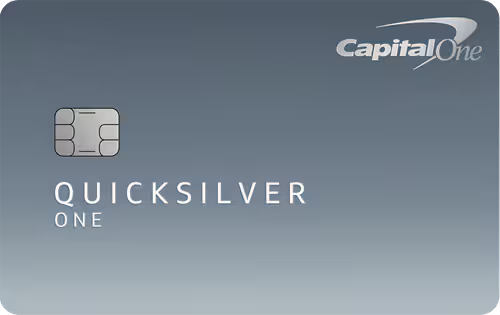WalletHub, Financial Company
@WalletHub
You can get your first credit card at any time by becoming an authorized user on someone else’s account. If you want your own credit card account, you will have to be at least 18 and able to prove you have enough income to afford a credit card.
How & When to Get Your First Credit Card
Become an authorized user.
You can become an authorized user on someone else’s account any time. This option can help you start building credit as early as possible. While there is no legal minimum age to become an authorized user, some issuers may have their own age requirements. But before you become an authorized user, there are a few things to consider:
- When you become an authorized user on a primary cardholder’s account, you can make charges (assuming the primary cardholder allows it), but you bear no responsibility for paying the bills.
- The account also gets added to the authorized user’s credit report, which allows for a head start on building a solid credit history. Just note that you can only build credit if there’s no negative activity on the account.
- There is no legal restriction on the age of an authorized user. Most credit card issuers don’t have a minimum age requirement, either.
It is also worth noting that once you’ve been an authorized user on an account in good standing and have a full-time income, you should have little difficulty getting approved for your first credit card.
Become a primary cardholder.
You can become a primary cardholder once you turn 18 and are legally allowed to apply. The Credit CARD Act only emphasizes that applicants under 21 need to be able to show that they have enough independent income to afford a credit card. Plus, even if you don’t plan to use your card for purchases often, you’ll still build credit, just not as quickly.
The fastest way to build credit would be to charge 1% to 10% of your credit limit per month and pay it off in full. Also, there are several options to choose for your first credit card, even if you haven’t established credit yet. More specifically:
- You can focus on cards for people with limited or no credit to have the best odds of approval.
- People with no credit history can also look into secured credit cards, some of which don’t even do a credit check when you apply. You’ll just have to put down a security deposit, usually at least $200, to set your credit limit. This deposit is fully refundable when you close your account without an unpaid balance.
- If you’re a student with a part-time income, consider applying for a student credit card. A student credit card often comes with better terms and rewards than a regular credit card for limited credit.
When you get your first credit card, understand that it will also be your most important credit card. If you spend within your means and consistently pay on time, you will eventually qualify for credit cards with better terms and more rewards.
If you go the opposite route, it will be more difficult to secure additional credit and you may run up costly debts. To keep an eye on you credit, you can sign up for free credit score updates, right here on WalletHub.

People also ask
Did we answer your question?
Important Disclosures
Ad Disclosure: Certain offers that appear on this site originate from paying advertisers. For full transparency, here is a list of our current advertisers.
Advertisers compensate WalletHub when you click on a link, or your application is approved, or your account is opened. Advertising impacts how and where offers appear on this site (including, for example, the order in which they appear and their prevalence). At WalletHub we try to present a wide array of offers, but our offers do not represent all financial services companies or products.
Advertising enables WalletHub to provide you proprietary tools, services, and content at no charge. Advertising does not impact WalletHub's editorial content including our best picks, reviews, ratings and opinions. Those are completely independent and not provided, commissioned, or endorsed by any company, as our editors follow a strict editorial policy.


